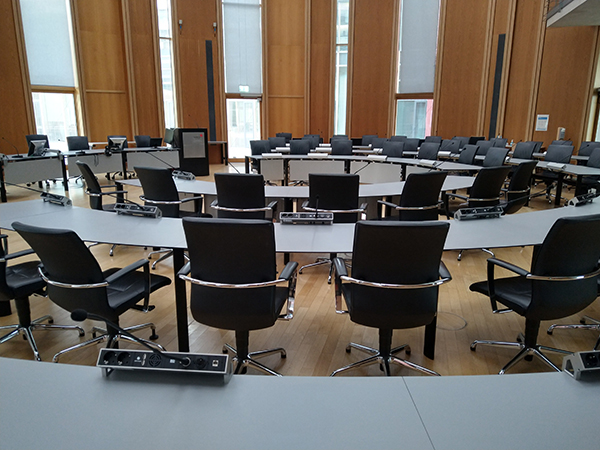By Ute Kaiser
Elias (name changed) is not an isolated case. Time and again, Turkey deports refugees from Afghanistan to the country in the Hindu Kush. The 20-year-old experienced this a few weeks ago. A plane transported Elias and others from Istanbul to Kabul. There, the father picked up his son and took him on a journey of several hours to the hometown of the dissident family in northern Afghanistan.
Elias felt bad at first afterwards. “He got depressed,” reports a cousin of the 20-year-old who lives in Tübingen. One reason: Elias considered Turkey only as a transit country during his roughly two years there. He had a job and wanted to save money for further flight to Europe. But this dream came to nothing. The police arrested him on the street. Elias was sent with others to a special deportation house. There he was treated “like a prisoner” for several weeks, says his cousin.
Human rights organisations have repeatedly criticised Turkey’s deportation practice to Afghanistan – especially after the withdrawal of international troops and the Taliban’s seizure of power in August 2021. The United Nations Refugee Agency UNHCR, for example, writes that states have a “legal and moral obligation to provide safety to people fleeing Afghanistan and not to forcibly return refugees”.
In a position paper, UNHCR calls for deportations to Afghanistan to be suspended until, among other things, “the rule of law and the human rights situation in the country have improved to a point where safe and dignified return is possible”. Forced repatriation, according to the Refugee Commission, should also be halted for those Afghans “previously determined not to be in need of international protection”. Germany does not currently deport to Afghanistan.
Figures on how many Afghans Turkey has deported since the Taliban seized power cannot be found in any publicly accessible source. It is rather individual events that become known – like in April this year. The Izmir Bar Association went public. It complained that almost 100 Afghan protection seekers had been deported from Izmir. In the view of the bar association, this contradicts both national and international law.
As the Kurdish news agency ANF wrote on 19 April, the bar association reported mistreatment. Also of Afghans being forced to “put thumbprints on documents to confirm that they agree with their deportation”. According to the newspaper, representatives of the bar association had met and spoken with some of those affected in the deportation camp.
Afterwards, the Izmir Bar Association demanded that the deportation procedures be stopped immediately. Furthermore, according to the ANF news agency, the bar association appealed to the public prosecutor’s office to do its duty: The prosecution should identify and punish those “who cause harm to those seeking protection through unjust practices, torture and ill-treatment, or abuse of authority”.
See UNHCR papers https://www.unhcr.org/dach/at/68353-unhcr-positionspapier-keine-abschiebung-von-afghaninnen-und-afghanen.html
and
https://www.refworld.org/cgi-bin/texis/vtx/rwmain/opendocpdf.pdf?reldoc=y&docid=612356764
and the ANF report at
https://anfdeutsch.com/menschenrechte/turkei-schutzsuchende-aus-afghanistan-an-taliban-ubergeben-31749
tun22070507
www.tuenews.de
Flughafen Stuttgart. Foto: tünews INTERNATIONAL / Mostafa Elyasian.




